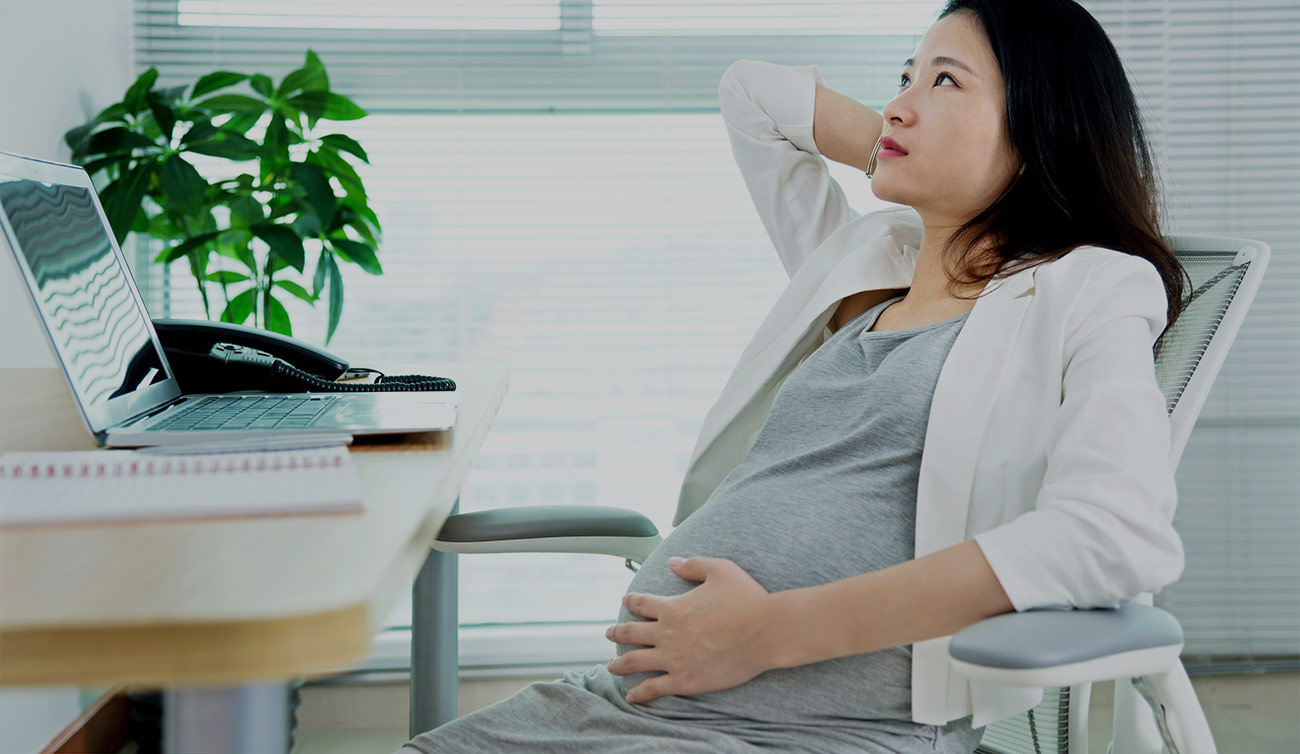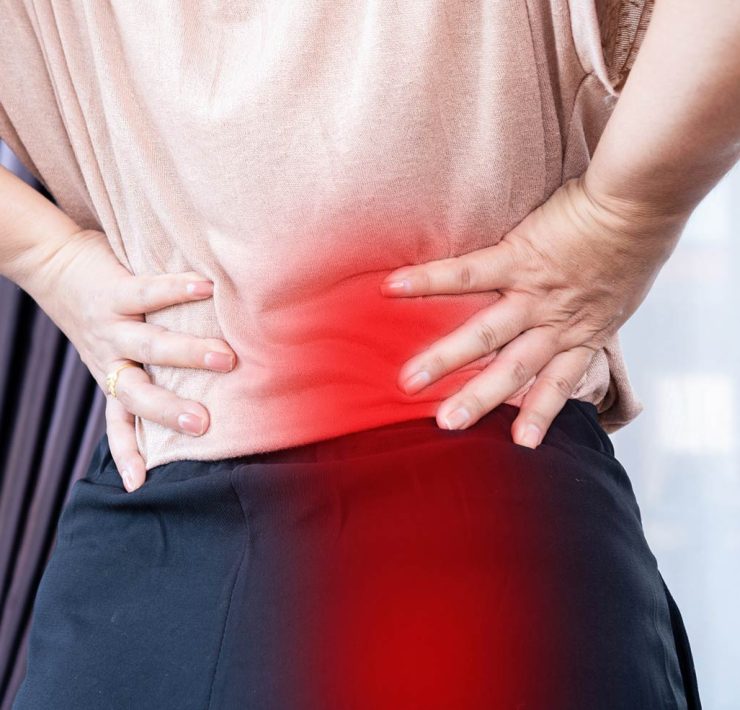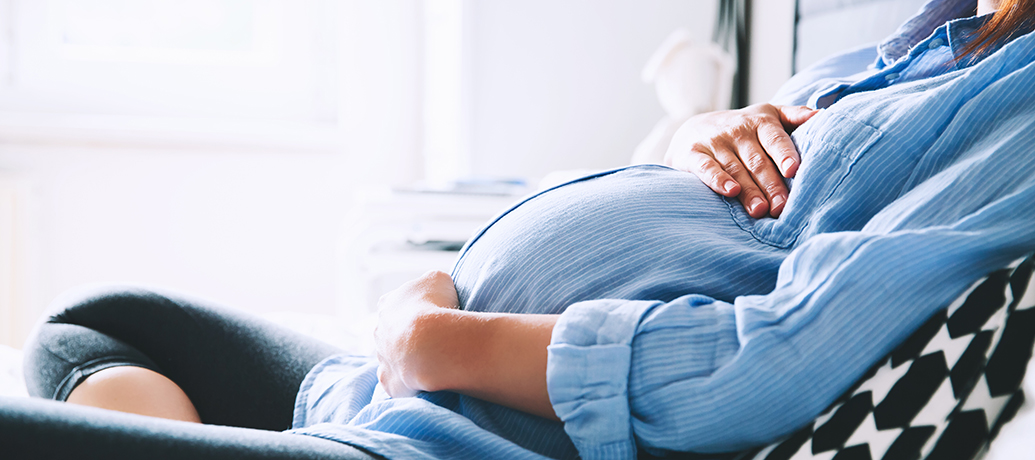Pregnancy can be a beautiful thing, but not when it comes to musculoskeletal (MSK) aches and pains. While we likely don’t have to tell you this if you are expecting or have been pregnant in the past, people who are pregnant are particularly prone to MSK pain. The most common types of MSK pain experienced by pregnant people include low back pain, including pelvic pain (70%), back pain (43%), wrist pain (33%) and hip pain (32%). Pain and discomfort is more likely in the third trimester.
Why are pregnant women so susceptible to MSK pain? The reasons are biological and biomechanical. When pregnant, the body releases a hormone called relaxin, which, true to its name, relaxes the joints and makes them looser. The body also retains more fluid, compressing tissues, and the changing center of gravity can make movements strained and awkward. Many people also find it less comfortable to exercise during pregnancy. All these factors make back pain, hip pain, and other kinds of joint and muscle pain during pregnancy much more likely. And if you already suffered from MSK pain before getting pregnant, pregnancy is likely to worsen your condition.
How Should You Treat MSK Pain During Pregnancy?
Prenatal Massage
Massage is one of the most widely recommended non-surgical and non-medicinal treatments for MSK pain, and pregnancy pain is no exception. When conducted by a licensed massage therapist with certification in prenatal massage, this treatment can regulate hormones, reduce swelling, and relax overused muscles strained by the physical changes of pregnancy. Make sure to consult with a health provider before starting a regimen of prenatal massage for MSK pain. For example, certain positions, such as the side-lying position, are preferable during pregnancy massages.
Acetaminophen
While painkillers like opioids and NSAIDs (like ibuprofen) are contraindicated during pregnancy, acetaminophen is considered by most doctors to be safe on a limited basis for pregnant people, though patients should consult their medical advisor before taking any medication.
Support Garments
Some women wear supportive garments like belly bands and belly belts (or pelvic belt) during pregnancy to provide support to the stomach and hips. The garments can also make it more comfortable to be physically active, including undertaking exercise. A study found that the more padded and supportive belly belt provided some reduction in pelvic pain, though because of constriction in blood flow the belt should not be worn for extended periods of time.
Exercise and Stretches
Certain exercises and stretches can be beneficial during pregnancy, reducing MSK pain as well as other potential symptoms, like gestational diabetes. The American College of Obstetricians and Gynecologists recommends 150 minutes of exercise per week, of low to medium intensity exercises like walking, swimming, stationary biking, and modified yoga. Stretches can also help alleviate back and other MSK pain and improve range of motion. Consult a health provider to make sure exercise is not contraindicated during your pregnancy.
Physical Therapy
For sustained discomfort and pain during pregnancy, prenatal physical therapy is also an option, particularly for first-time mothers and women bearing children after the age of 35. Talk to your health care provider about this option.
Marcy is the SVP of People and Communications at Zeel. In addition to overseeing the humans of Zeel, Marcy has written about workplace topics for more than 20 years both at Zeel and as VP of Content for Vault.com, a career information web site and publisher.





